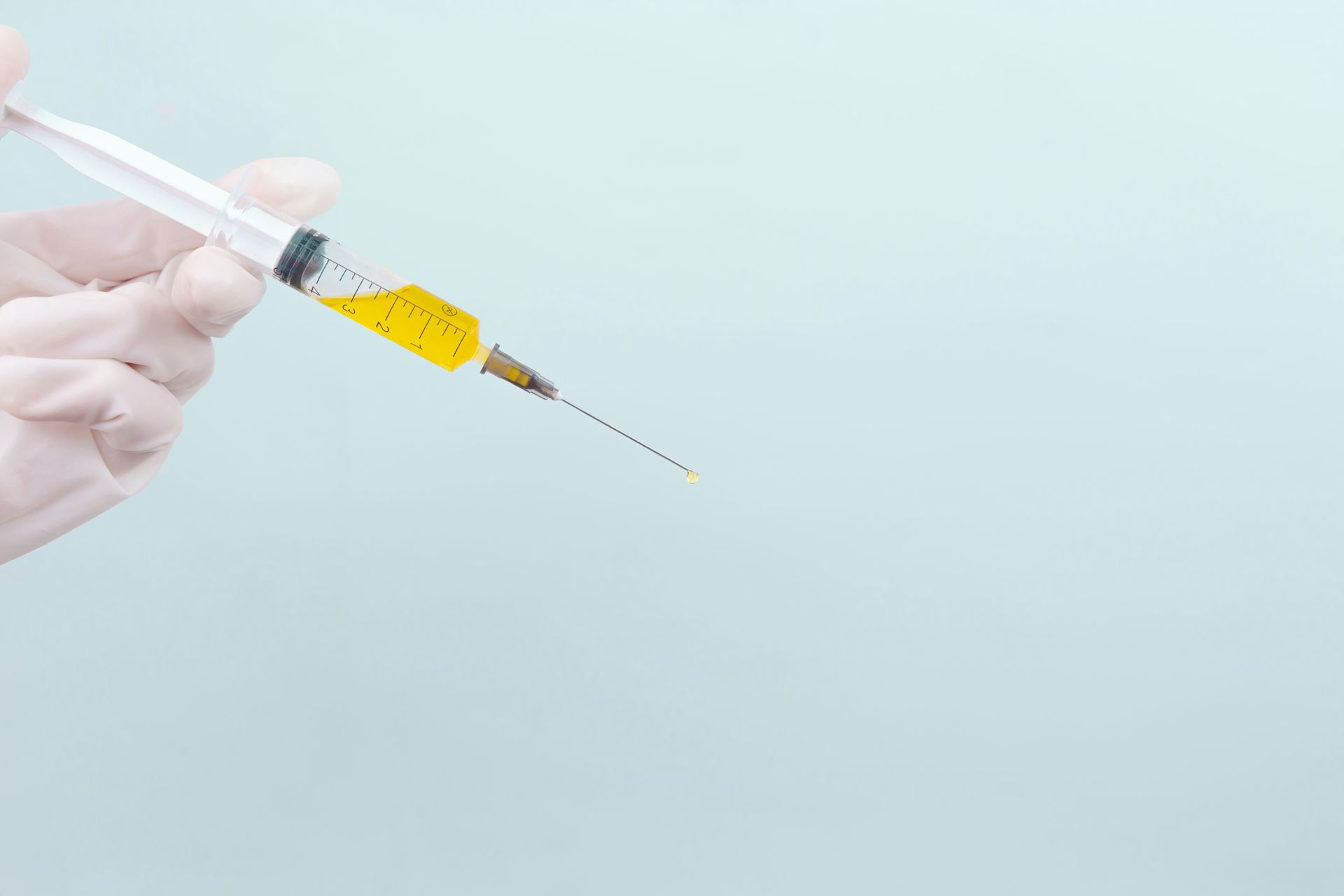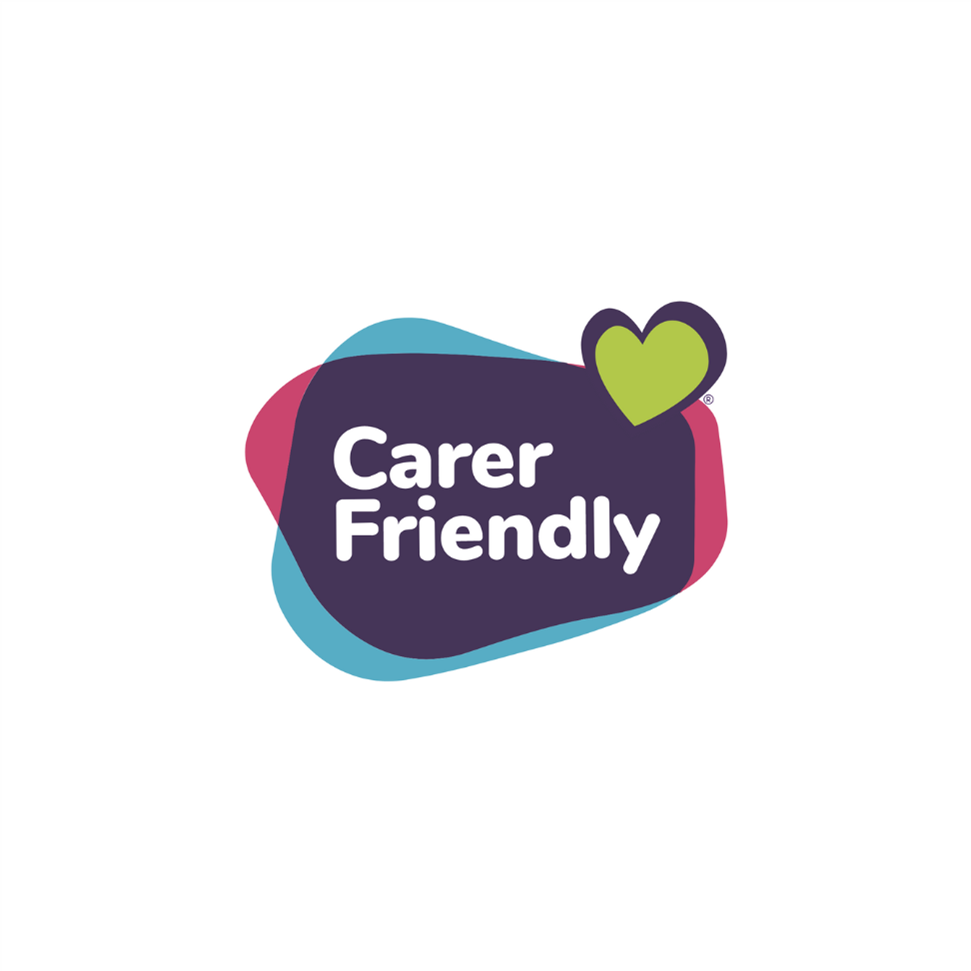Child & Adolescent

Development
As your child grows, the changes may not seem as dramatic as during the early years—but there’s still a lot happening beneath the surface. From physical growth to emotional maturity, these years are full of important milestones.
Explore the key areas of development below to better understand the journey from childhood to adolescence:
- Physical changes
- Communication
- Emotional development
- Learning
- Social skills
- Challenges
- Growing independence
These links will guide you through the key changes between the ages of 6 and 16, helping you support your child every step of the way.
Child development stages: Ages 6-12 the mid years | GoodtoKnow
Child development stages: Ages 13-16 the late years | GoodtoKnow

Vaccinations
Keeping up with your child’s immunisations is an important part of protecting their health—and the health of others. In England, children receive several key vaccines through school-based immunisation programmes between the ages of 5 and 18.
Here’s what to expect at each stage:
Age 12 to 13 (Year 8)
-
HPV Vaccine (Human Papillomavirus)
Protects against HPV-related cancers (including cervical, throat, and some head and neck cancers).-
Now given as a single dose for most children.
-
Age 13 to 14 (Year 9)
-
3-in-1 Teenage Booster
Protects against tetanus, diphtheria, and polio. -
MenACWY Vaccine
Protects against meningitis and septicaemia caused by meningococcal groups A, C, W, and Y.
Age 15 to 18
-
Catch-Up Vaccinations
If any immunisations were missed earlier, your child may be offered catch-up doses through school or your GP.
Annual Flu Vaccine (Ages 5 to 16)
-
Offered every autumn term to all children from Reception to Year 11.
-
Usually given as a nasal spray.
-
Find out more: NHS vaccinations and when to have them - NHS
Other School Health Services
In addition to immunisations, schools in England offer a range of health services to support your child’s well-being as they grow and learn.
Vision Screening
-
Offered to children in Reception (age 4 to 5).
-
Checks for common eyesight issues such as squint or lazy eye (amblyopia).
-
If any problems are found, your child will be referred for further assessment.
Hearing Checks
-
May be offered to younger children, particularly if concerns are raised by parents or teachers.
School Nursing Service
-
School nurses provide advice and support on physical and emotional health, including:
-
Healthy eating
-
Sleep and hygiene
-
Emotional well-being and mental health
-
Managing long-term health conditions
-
Support with puberty and growing up
-
Height and Weight Checks
-
Part of the National Child Measurement Programme (NCMP):
-
Offered in Reception (age 4–5) and Year 6 (age 10–11).
-
Helps track healthy growth and identify children who may benefit from support.
-
Health Education and Support
-
Many schools offer sessions or workshops on topics like:
-
Puberty and relationships
-
Mental health awareness
-
Online safety and social media
-
Substance use and healthy choices
-
Questions or Concerns?
Your school health team or school nurse is there to help. You can also contact your local NHS provider or GP for advice.
Page created: 21 May 2025
